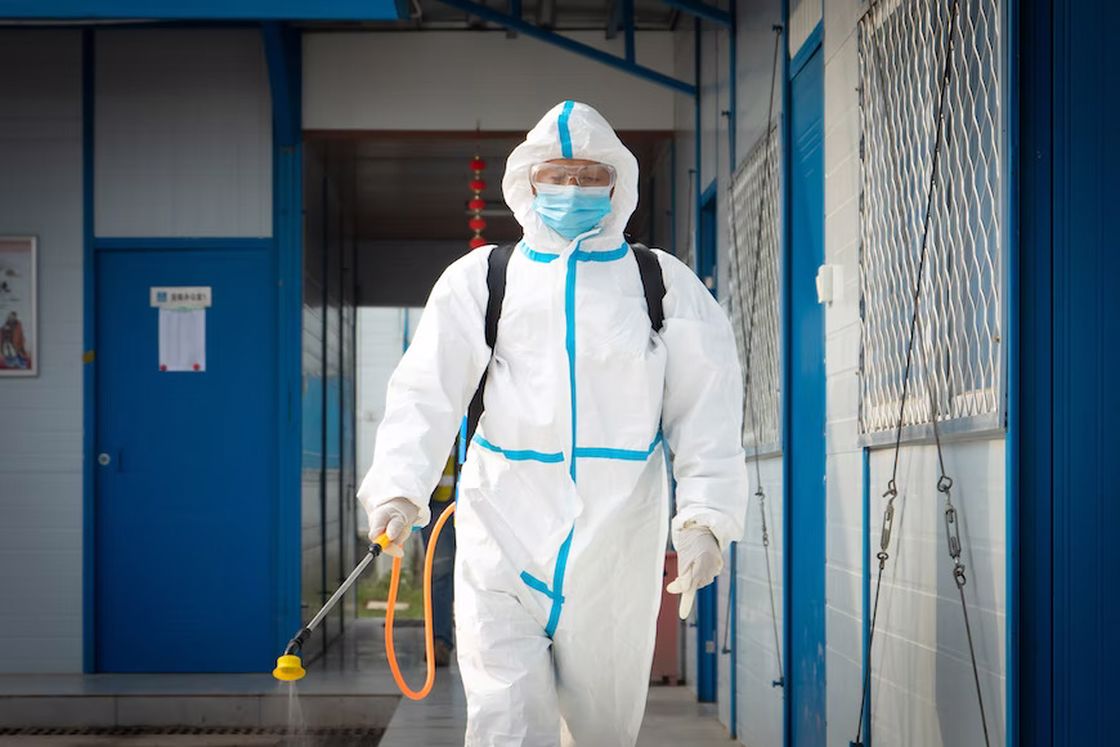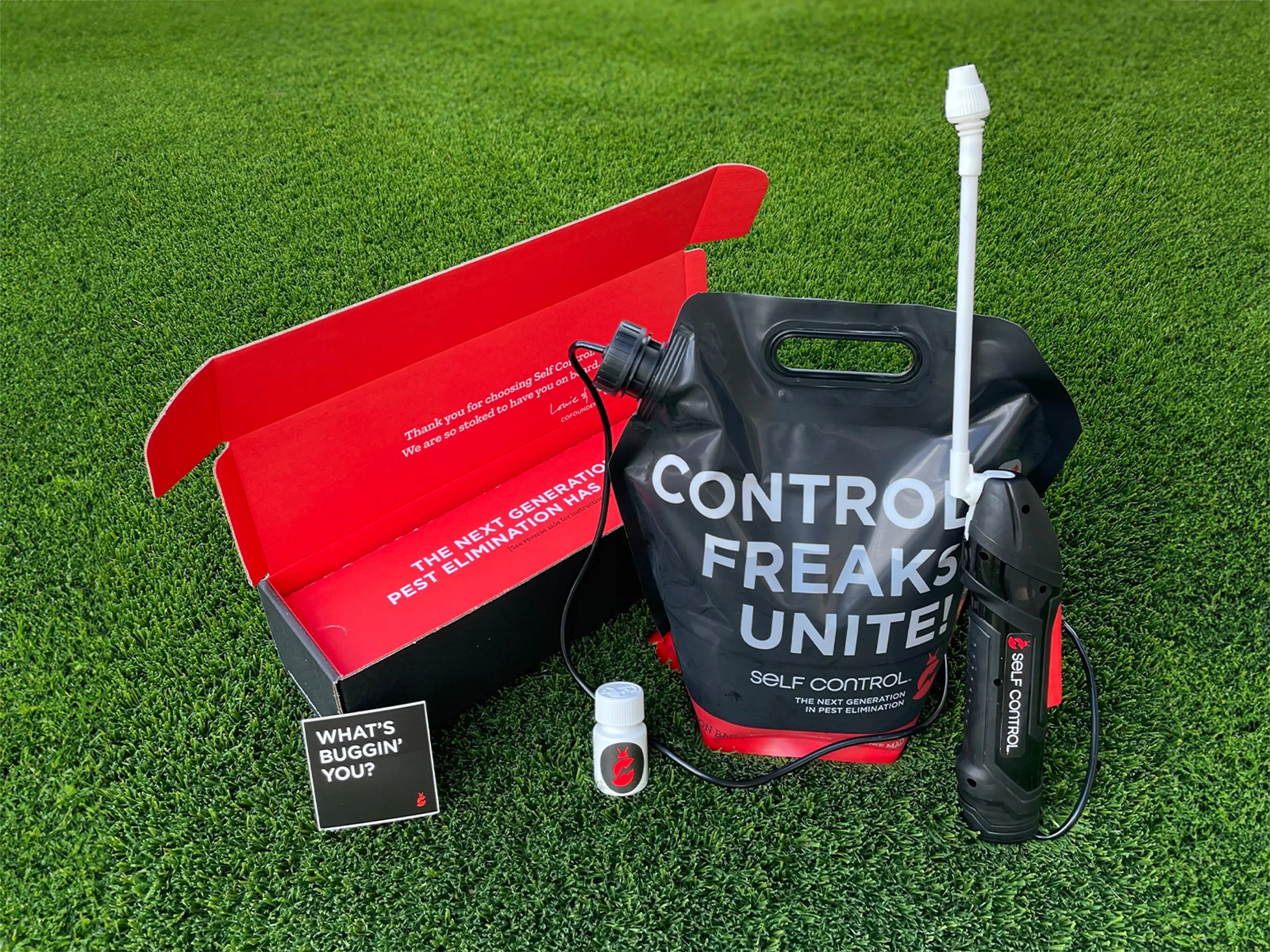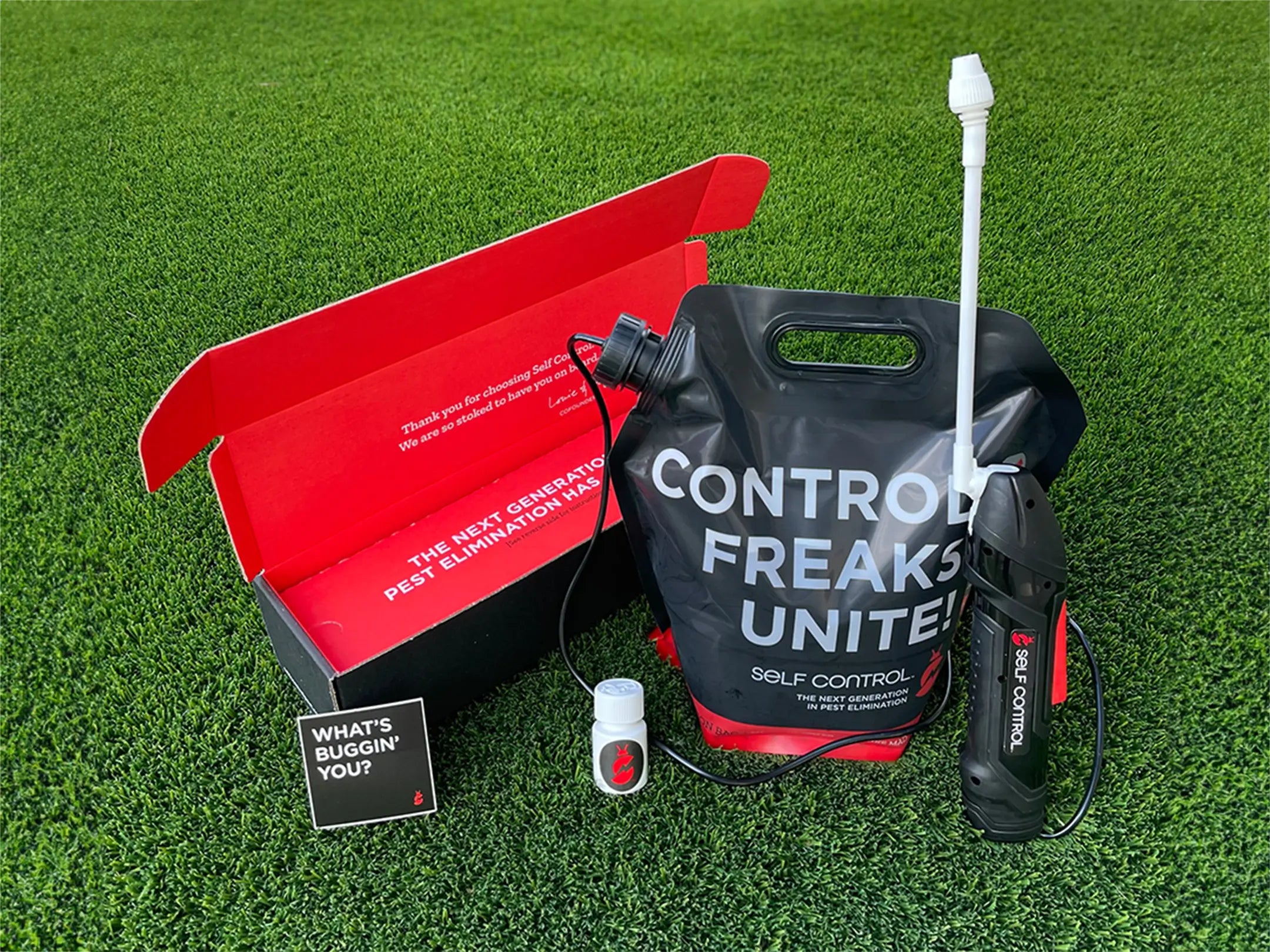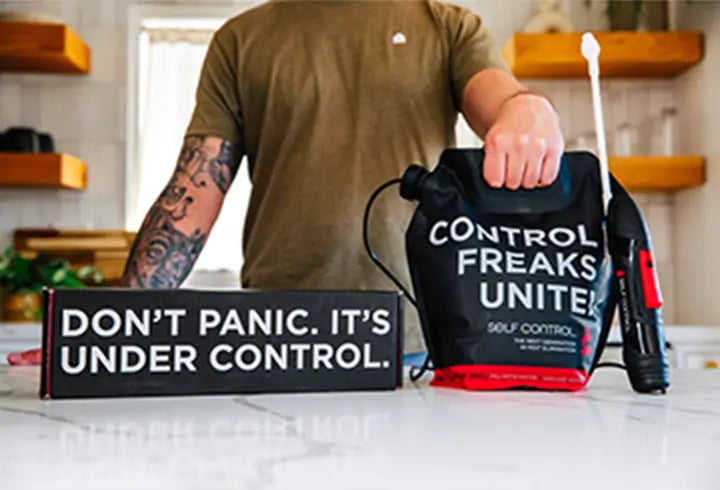
Bifenthrin is one of the most widely used pesticides in homes and agriculture. The product can control over 75 pest species by affecting their nervous system. It’s a synthetic pyrethroid, meaning it can imitate the qualities of a pyrethrum that eliminate pests within minutes. So is bifenthrin dangerous to humans?
Is Bifenthrin Dangerous to Humans?
Generally, bifenthrin is not dangerous to humans when used following the label’s instructions. The ingredients used to manufacture bifenthrin contain low toxicity and do not cause long-term health problems. The product is also easy to use, as you only need to follow the guidelines outlined on the instructional sheet to ensure safety and effectiveness.

However, taking precautions when using this insecticide is vital, as misuse or overuse of the product can cause adverse health effects. Bifenthrin has the potential for neurotoxicity and can therefore be absorbed through the skin. Inhaling bifenthrin may also irritate the respiratory tract, nose, and throat.
It is also advisable to get proper guidelines from an expert. This way, you will be able to do pest control by yourself without any worry about it affecting you and other animals in your home. At Self Control Pest, we provide a product that is safe to use around humans and pets.
How Does It Work?
Bifenthrin works by interfering with the nervous system of the insect. When an insect comes into contact with the product, it interferes with the cell's ability to send messages to other parts by closing them.
The product is more toxic to insects than mammals, birds, and other animals because insects have a lower body temperature and a small body size that allows them to absorb the chemical quickly.
To ensure effectiveness and safety, following the instructions for use as outlined on the product’s label is essential. You don't want to use too much of the product as it can be dangerous if misused. Following instructions also ensures safety and effectiveness when using bifenthrin on pests.
What Pests Does Bifenthrin Kill?
Almost every home has pests of different species that could bring health issues and damage properties. Like our commercial grade Superior DIY pest control solution, bifenthrin is one of the pesticides that will help you do the job. Here are some of the pests bifenthrin can eliminate:
- Ants: bifenthrin is widely used to kill ants, thanks to its spraying ability. When you notice an ants infestation in your home, it is vital to get bifenthrin and spray on them. The product takes only ten minutes to eliminate these pests and can various species of ants, including pharaoh ants, fire ants, and carpenter ants.
- Fleas: Fleas are some of the most irritating pests in a home. They move around, landing on objects that contain food. This can lead to health problems as they can contaminate your food. You can also use bifenthrin to eliminate them.
- Cockroaches: Bifenthrin contains a residual staying power that works slowly on cockroaches after an initial spray by overloading their nervous system. The residual effect will continue killing the new cockroaches that invade the area.
- Mosquitoes: Mosquitoes are dangerous pests that cause malaria. Besides draining stagnant water around your home, you can instantly use Bifen IT spray to eliminate them. The product works by shutting down the nervous systems, paralyzing these pesky insects, and killing them quickly.
- Mole Cricket: Mole cricket nymphs feed on grass and can damage them quickly, especially during summer. You can use bifenthrin to spray your grass before the summer to help protect your grass.
Some of the Best Places to Use Bifenthrin
Now that you have a basic idea of the product and its workings, you should also know the best places to use it. Here are some of the areas you can use bifenthrin effectively:
- Lawns and gardens: You can use this product in lawns and gardens to eliminate weeds and other pests.
- Around the house: Spraying this product around baseboards, window frames, and wall cracks can help eliminate insects such as roaches, spiders, ants, fleas, and ticks.
- On furniture: Spray bifenthrin on furniture to eliminate bedbugs and other crawling insects that may be hiding there.
- On carpets: Spraying bifenthrin can help eliminate fleas and other pests that may damage your precious carpets.
- In the office: Bifenthrin can also be used in the office to get rid of any insects that may be lurking around. Most of the insects that may be lurking in the office are crawling bugs such as spiders, roaches, and ants.

Does Bifenthrin Harm the Environment?
The fact that bifenthrin does not pose any danger to humans when used correctly does not mean it can't harm the environment. The pesticide can be toxic to aquatic organisms, including fish and invertebrates. When using the product, ensure drainage is not directed toward the water sources. This will ensure that aquatic life is protected.
Bifenthrin is also toxic to bees and other beneficial insects, such as butterflies. Therefore, avoid areas with a high concentration of bees when using the product. This will help decrease the chance of environmental contamination and possible injuries to beneficial insects.
Frequently Asked Questions
How Long Does Bifenthrin Last for Mosquitoes?
Bifenthrin can last for up to 30 days, depending on the product sprayed on the mosquito. Generally, it has a residual power of 30 days on mosquitoes. This long-lasting effect provides an ideal solution for controlling these pests in both outdoor and indoor areas.
Is Bifenthrin a Carcinogen?
According to Environmental Protection Agency (EPA) analyses, bifenthrin is considered a carcinogen. EPA has classified the product as a class C carcinogen that can lead to the development of certain tumors. That is why you need to stay cautious when using the product.
Conclusion
Bifenthrin is a safe insecticide that helps eliminate pests fast and effectively. The product is relatively non-toxic to humans when used according to the manufacturer's instructions. However, it can be toxic to other animals, such as bees and aquatic animals. Always contact an expert to get detailed instructions.



Comments (0)
Back to Critter Chronicles